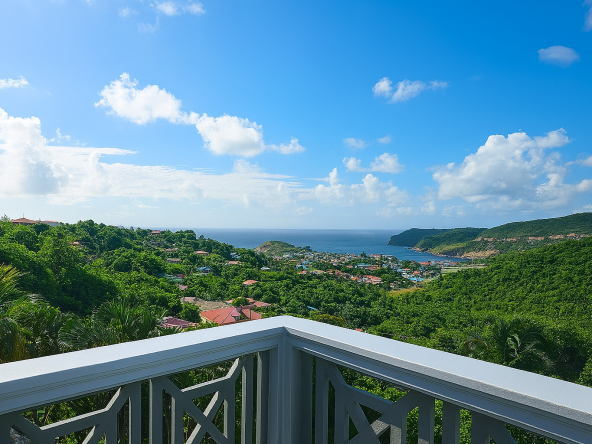Property taxes in St. Lucia are an important consideration for both local and foreign investors. These taxes contribute to government revenue and support public services like infrastructure development, education, and healthcare. Understanding the various property tax obligations will help investors budget accurately and avoid unexpected costs.
Annual Property Tax
Annual property tax is levied on all property owners in St. Lucia. The rate is calculated based on the property’s market value, which is determined by the St. Lucia Inland Revenue Department. The standard annual property tax for residential properties ranges from 0.25% to 0.4% of the property’s assessed value, depending on the type of property.
For example, a property valued at USD $300,000 may incur an annual property tax of $750 to $1,200, depending on its location and classification. These taxes are due each year and must be paid to the Inland Revenue Department.
Property Taxes for Commercial and Agricultural Properties
Commercial properties, such as hotels, office buildings, and retail spaces, generally have higher property tax rates than residential properties. The tax rate for commercial properties typically falls between 0.4% and 0.5% of the property’s assessed value, depending on the size and use of the land.
For agricultural land, the tax rate is usually lower, particularly for small farms. Agricultural properties are taxed at a rate of 0.1% to 0.25%, providing an incentive for farmers and investors in the agricultural sector to develop rural land. This policy supports St. Lucia’s efforts to promote sustainable agriculture and food security.
Tax Incentives for Investors
St. Lucia offers several tax incentives for foreign investors, especially in the tourism and hospitality sectors. Properties purchased under the Citizenship by Investment Program (CIP) are often exempt from certain property taxes for a specific period, providing significant savings for investors who meet the program’s requirements.
Additionally, properties located in Special Development Areas (SDAs) are eligible for tax breaks and reduced property taxes as part of the government’s initiative to encourage investment in underserved areas such as Vieux Fort and Soufrière. These incentives can help reduce the long-term tax burden for developers building in targeted regions.
Property Transfer Tax
When a property changes ownership, a property transfer tax is applied. For St. Lucian citizens, the transfer tax is typically 5% of the property’s sale price, while non-citizens are subject to a 10% transfer tax. This tax must be paid by the seller before the transaction is finalized. While the transfer tax may seem substantial, it ensures that property transactions contribute to national revenue.
Exemptions and Penalties
Certain properties, such as those owned by government entities or used for public purposes, are exempt from annual property taxes. Additionally, foreign investors purchasing property under the CIP may qualify for exemptions on property transfer taxes, making the program an attractive option for reducing tax liability.
Failure to pay property taxes on time can result in penalties, including interest on overdue amounts and possible legal action by the Inland Revenue Department. It’s important for property owners to stay up-to-date on their tax obligations to avoid financial and legal complications.
Property taxes in St. Lucia are relatively low compared to other Caribbean nations, making the island an appealing destination for real estate investors. Whether you’re a local resident or a foreign investor, understanding your tax obligations is crucial to managing your investment effectively. With tax incentives for certain types of properties and exemptions available through the CIP, savvy investors can reduce their tax burden while enjoying the benefits of property ownership in St. Lucia.
Please refer to the link for detailed information on all St. Lucia Real Estate Laws.
Follow Us On Caribbean Property Forum.




